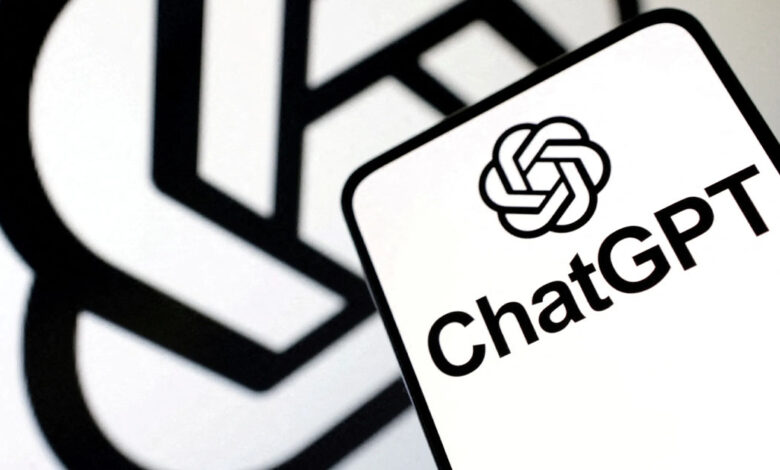Exploring the EU Lawmakers’ Attempt to Regulate ChatGPT and Generative AI

The European Union (EU) is racing to update its regulations to keep pace with the increasing interest in generative AI, such as OpenAI’s ChatGPT, which has been met with both awe and anxiety.
The EU’s proposal for the AI Act published two years ago, included only one mention of the word “chatbot,” and references to AI-generated content were mostly about deep fakes.
However, since launching in November 2022, ChatGPT has become the fastest-growing app in history and led to calls for regulation. On April 17, the dozen MEPs involved in drafting the legislation signed an open letter urging world leaders to hold a summit to find ways to control the development of advanced AI.
The same day, MEPs Dragos Tudorache and Brando Benifei proposed changes that would force companies with generative AI systems to disclose any copyrighted material used to train their models. Conservative MEP Axel Voss’s proposal, which would force companies to request permission from rights holders before using the data, was rejected.
The EU committee will vote on the deal on May 11, and if successful, it will advance to the next stage of negotiation. The proposal would force transparency on the industry and target “foundation models.” Companies like OpenAI would have to disclose any copyrighted material used to train their systems under the new proposals.





